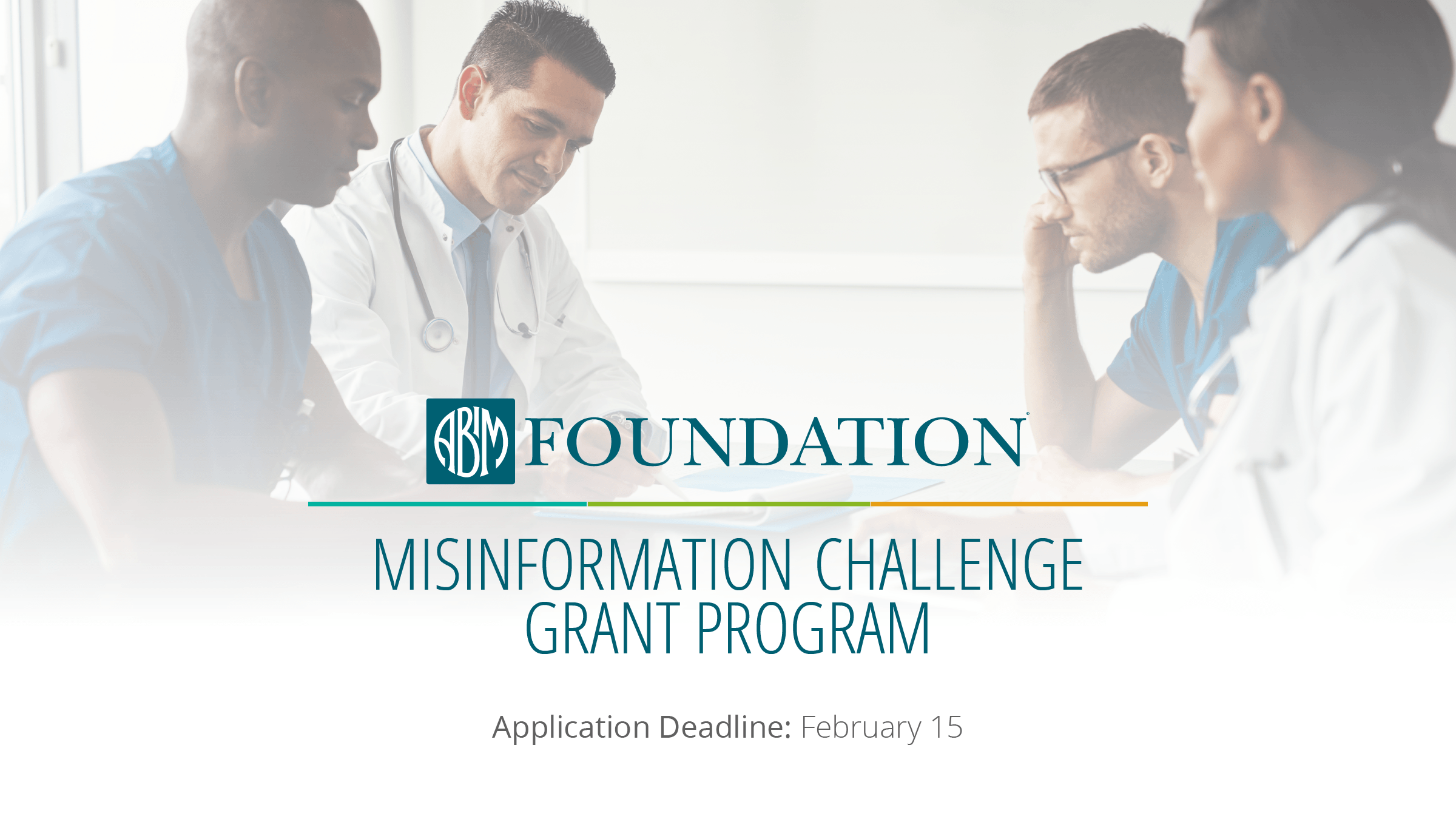Building Trust Challenge: Parkland Health & Hospital System
Parkland Health & Hospital System is one of the largest public hospital systems in the country, averaging more than one million patient visits annually. The system also includes 20 community-based clinics, 12 school-based clinics, numerous outreach and education programs, and is the primary teaching hospital for the University of Texas-Southwestern Medical Center.
In collaboration with the ABIM Foundation and America’s Essential Hospitals, Parkland conducted an inaugural Building Trust Challenge from January – March 2020. The challenge was hosted by Parkland’s Center for Innovation and Value and Patient Relations departments and was designed to identify who was building trust within and outside of the institution.
To encourage challenge submissions, Parkland launched an organization-wide survey comprised of questions ranging from ‘What does building trust mean to you?’ to ‘Are you building trust in your area?’ This survey was first shared at the executive level, and then through various Parkland platforms, including a letter from the CEO, the staff newsletter, and through discussion at various meetings, including a population health forum. The challenge received 36 submissions; surpassing initial expectations.
Addiction Psychiatry Services was the challenge winner. Honorable mentions were awarded to The Village Project and Supporting Parkland Staff (SPARKS).
- Addiction Psychiatry Services: Historically, acute care hospital settings have done a poor job of identifying and treating substance use disorders. The Addiction Psychiatry Services team is building trust by engaging patients during acute hospitalization to provide an opportunity for patients to obtain a substance use disorder diagnosis, participate in initial treatment and become engaged with ongoing outpatient treatments. The team has also built trust with community-based organizations to ensure patients have access to resources they need immediately after being discharged from the hospital.
- The Village Project: In 2017, the Centers for Disease Control reported that Black people accounted for 13% of the U.S. population but represented 43% of new HIV diagnoses. The HIV Services Department identified that there was a health care delivery gap for HIV+ Black men ages 17-34 who have sex with men (BMSM) in the Dallas area and implemented a nine-month intervention program. Participants receive weekly visits from a dedicated case manager and peer patient navigator for the first six months, followed by monthly contact for the remaining three months. A customized care plan is created with the patient and a comprehensive acuity assessment is re-evaluated every 90 days. This initiative helps young BMSM access HIV care to achieve viral suppression and expands access to behavioral health in an outpatient care setting.
- SPARKS: Supporting Parkland Staff (SPARKS) is a peer support program comprised of employee volunteers who receive psychological first aid training and provide confidential support to Parkland employees who experience a stressful patient-related event. In this peer-based support program, trust in implicitly built into the model because volunteers understand experiences at Parkland first hand. In the first 10 months of the program, 230 employees received peer support, showing significantly higher utilization than similar initiatives.
Keys to successful implementation included, yet were not limited to, gaining verbal support from organizational leaders, engaging in 1:1 communication with departments, streamlining the submission process, and ensuring a multidisciplinary effort, explained Sheryl Mathew, LCSW, ACM-SW, Grants & Research Program Manager at the Center for Innovation and Value at Parkland (CIVP).
“Establishing and maintaining trust is essential if we are to provide the best possible care for our patients, our employees, and the community. We saw the opportunity to take advantage of the creative thinking from the ABIM Foundation to highlight the importance of trust and recognize the types of behaviors and activities that will promote greater trust within our institution and between Parkland and the community we serve,” said Fred Cerise, MD, MPH, President and CEO of Parkland Health & Hospital System.
You can read more about Parkland’s Building Trust Challenge here.


